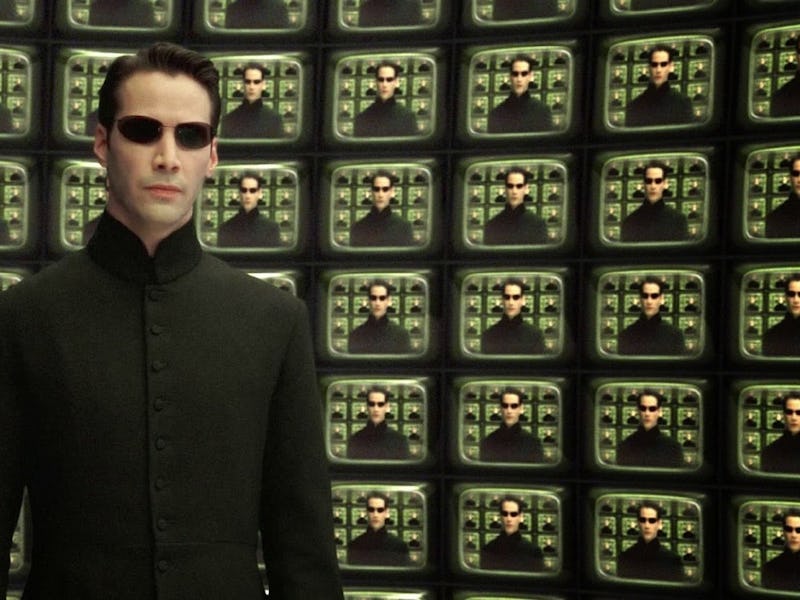XPrize Wants to Give $10M to Create ‘The Matrix’-Like Virtual Avatars
Whoa.

Ready to transport your senses to another part of the world? It may sound like a pitch for a spin-off from The Matrix, but the XPrize Foundation announced at South by Southwest in Austin, Texas on Monday that it wants to give $10 million to anyone that can make it happen.
“You’re effectively, for lack of a better term, Uber-ing your senses into that avatar in a different location,” Peter Diamandis, founder and executive chairman of the XPrize Foundation giving away the prize, told Fortune on Monday. “It’s a way of ultimately bridging the gap between distance and distributing skills and hands-on expertise to a location where they’re needed.”
Diamandis gives the example of the Fukushima disaster, the nuclear disaster that occured in 2011. A successful application would allow an expert to strap on a virtual reality headset, a set of headphones and a haptic suit to control a robotic device from at least 60 miles away. The expert could then walk around and carry out the necessary tasks to avoid further issues.
The competition is being held in collaboration with All Nippon Airways, which wanted to seek out a technology that could disrupt its business and pre-empt its arrival. The contest is set to last four years, but XPrize could push it back further if needed.
“Imagine a future where instead of loading your body—I’ll call it your ‘meat body’—onto an airplane and flying it for 18 hours across the planet, you could Uber your senses into a robot and see through its eyes, hear through its ears, feel through its hands, manipulate the world around you, and effectively occupy that robot,” Diamandis told Inc.
Peter Diamandis.
It’s not the first contest XPrize has held. A competition announced in December 2016 saw more than 40 teams sign up to create a device similar to the Star Trek tricorder. Another in February 2017 focused on mapping the oceans, with a $7 million prize for the lucky finalist. A $30 million competition held in collaboration with Google ended in January after 10 years, after it became clear that no team was going to land a spacecraft on the moon by March 2018.
Diamandis’ latest competition sounds similarly bold, but it has numerous real-world applications. Doctors could perform house visits without leaving their office, simply by sending a roboticized version in their stead. Cable providers could even fix users’ home setups from their office, simply by strapping in the suit. Just don’t try and dodge any bullets.